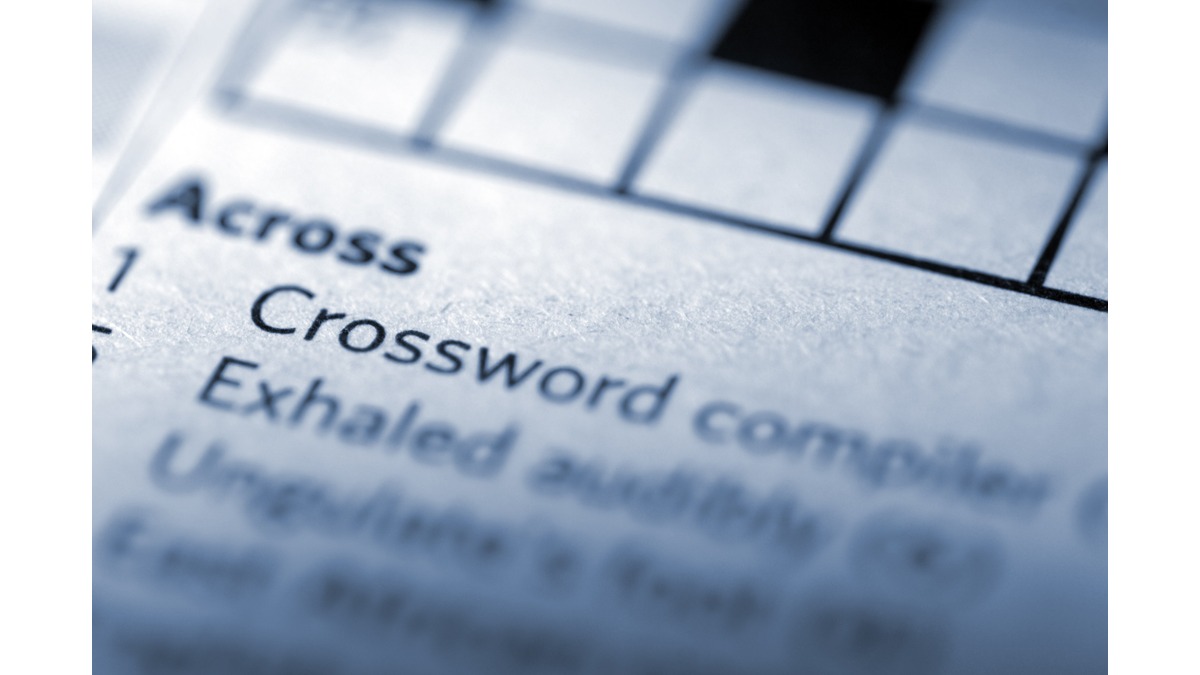Introduction
Understanding Crossword Puzzles
Becomes Bubbly as Beer nyt Crossword has a rich history, dating back to the early 20th century. The first known crossword puzzle was published in 1913 by Arthur Wynne in the New York World. Since then, they have evolved into a popular cultural phenomenon, appearing in newspapers, books, and digital platforms worldwide. Crossword puzzles come in various types, including cryptic, themed, and American-style grids, each offering a unique challenge to solvers.
The New York Times Crossword
The New York Times Crossword is renowned for its complexity and creativity. Since its inception in 1942, it has become a staple for crossword enthusiasts, known for its clever clues and themes. The puzzle has featured contributions from some of the most famous crossword constructors, making it a benchmark for quality and ingenuity in the crossword community.
Analyzing the Clue: “Becomes Bubbly as Beer”
Let’s break down the clue “Becomes Bubbly as Beer.” In crossword puzzles, clues often rely on synonyms, wordplay, or cultural references. This particular clue suggests a transformation into something bubbly, akin to beer. The answer is a verb that describes this change. Common strategies for solving such clues include considering synonyms for “bubbly” and thinking about the properties of beer.
The Importance of Wordplay in Crosswords
Wordplay is a cornerstone of crossword puzzles, adding layers of complexity and enjoyment. It involves the playful manipulation of words, including puns, anagrams, and double meanings. Wordplay clues challenge solvers to think outside the box and appreciate the linguistic creativity of the constructor. For instance, the clue “Becomes Bubbly as Beer” may use wordplay to guide solvers to the answer.
Techniques for Solving Crossword Puzzles
Whether you’re a beginner or a seasoned solver, certain techniques can enhance your crossword-solving skills. Start with the easier clues to build momentum, and don’t be afraid to skip and return to more challenging ones. Please pay attention to the tense and part of speech in the clue, as they often match the answer. Additionally, utilize resources like crossword dictionaries and online solvers to assist when you’re stuck.
The Role of Themes in Crosswords
Themes add an extra layer of interest and difficulty to crossword puzzles. A theme can be a unifying concept that ties together a set of clues or answers. Themed crosswords often feature wordplay and puns related to the theme, making them more challenging and enjoyable. In the NYT Crossword, themes are a hallmark of the puzzle’s creativity and complexity.
Common Crossword Clue Types
Understanding different types of crossword clues can significantly improve your problem-solving skills. Clues can be definitions, fill-in-the-blank, synonyms, antonyms, or abbreviations. Each type requires a different approach and strategy. Recognizing the type of clue can provide valuable insight into the answer.
Solving the “Becomes Bubbly as Beer” Clue
To solve the clue “Becomes Bubbly as Beer,” follow these steps:
- Identify the keywords: “Becomes,” “Bubbly,” and “Beer.”
- Think of synonyms for “bubbly” (e.g., effervescent, fizzy).
- Consider verbs that describe becoming bubbly (e.g., foam, fizz).
- Cross-reference with the puzzle’s intersecting answers to narrow down possibilities.
Crossword Puzzle Etiquette
Solving crossword puzzles can be a social activity, and certain etiquette can enhance the experience. Respect others’ solving styles, avoid spoilers, and share hints rather than answers when helping. Remember, the goal is to enjoy the process and challenge together. Becomes Bubbly as Beer nyt Crossword.
Benefits of Solving Crossword Puzzles
Solving crossword puzzles offers numerous benefits, including cognitive improvements, stress relief, and enhanced vocabulary. The mental challenge of crosswords keeps your brain sharp and engaged. Additionally, the sense of accomplishment from solving a tricky puzzle can boost your mood and confidence.
Crossword Puzzle Communities
Engaging with crossword puzzle communities can enrich your problem-solving experience. Online forums, local clubs, and social media groups provide platforms to discuss puzzles, share tips, and connect with fellow enthusiasts. Joining a community can also introduce you to new puzzles and constructors.
Creating Your Crossword Puzzles
If you’re inspired to create your crossword puzzles, start with a theme or set of words. Use tools like crossword constructors and grid makers to design your puzzle. Once complete, share it with friends, family, or online communities to get feedback and improve your skills.
Famous Crossword Solvers and Constructors
The crossword world boasts many notable figures who have contributed significantly to the field. From constructors like Will Shortz and Merl Reagle to solvers like Tyler Hinman and Dan Feyer, these individuals have left their mark on the crossword community. Their achievements and insights offer inspiration to aspiring solvers and constructors alike.
Conclusion
Crossword puzzles are more than just a pastime; they are a rich, rewarding challenge that sharpens the mind and brings joy to countless enthusiasts. The clue “Becomes Bubbly as Beer” exemplifies the creativity and wit that make crosswords so engaging. So, grab a pencil (or your favourite puzzle app) and dive into the world of crosswords. Happy solving! Fantastic Fiction
FAQs
- What is the best way to get started with crosswords?
- Start with easier puzzles, such as those in local newspapers, and gradually work your way up to more challenging ones like the NYT Crossword.
- How often should I practice to get better at solving crosswords?
- Regular practice, even just a few puzzles a week, can significantly improve your problem-solving skills over time.
- Are there any apps for solving crosswords?
- Yes, there are many crossword apps available, including the New York Times Crossword app, Crosswords With Friends, and Puzzazz.
- What should I do if I get stuck on a clue?
- Take a break and return later with a fresh perspective, or use resources like crossword dictionaries or online solvers for hints.
- Can solving crosswords improve my vocabulary?
- Absolutely! Crosswords expose you to new words and meanings, enhancing your vocabulary and language skills.
